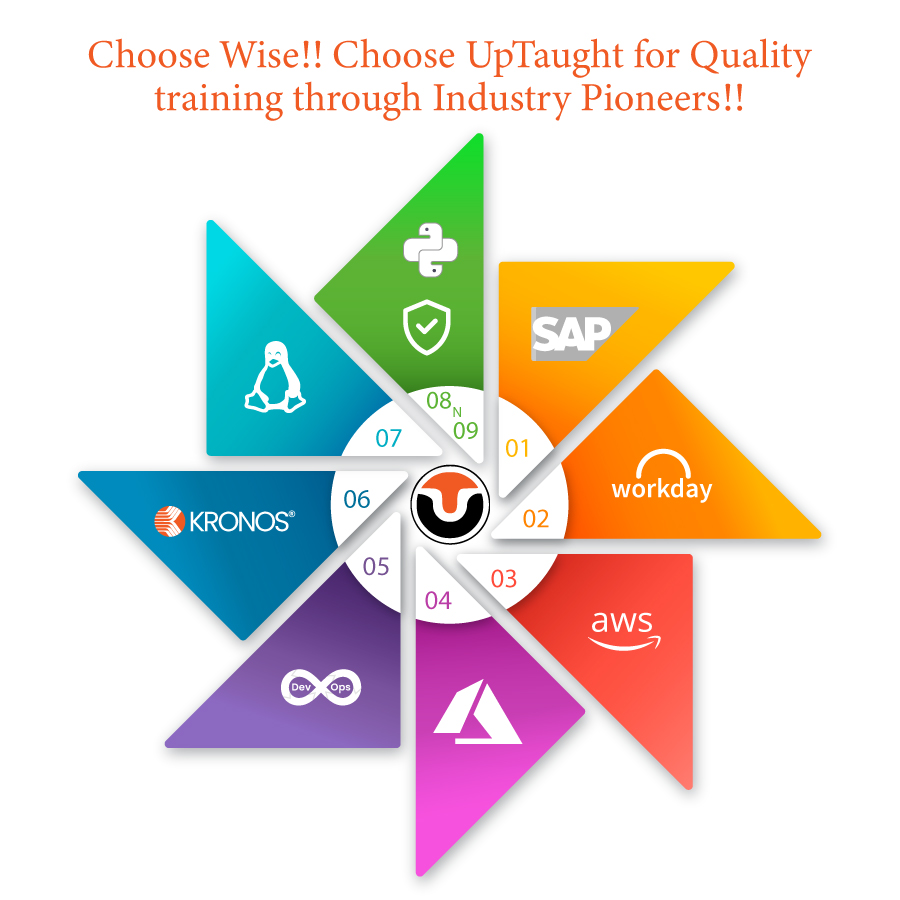Table of Contents
Azure Data Factory
Azure Data Factory is a scale-out serverless data integration and transformation solution from Azure. It has a code-free user interface for easy authoring and management, as well as single-pane-of-glass monitoring and management. Existing SSIS packages can also be lifted and shifted to Azure and run in ADF with complete compatibility. You don’t have to worry about infrastructure maintenance with SSIS Integration Runtime because it’s a fully managed service.
Azure Data Factory (ADF) is a serverless, fully managed data integration solution for ingesting, preparing, and converting all of your data at scale. It allows any company in any industry to use it for a wide range of tasks, including data engineering, transferring on-premises SSIS packages to Azure, operational data integration, analytics, and ingesting data into data warehouses.
Click here to know more
Advantages:
Enterprise-ready: ADF is a cloud-based data management solution that works with on-premise and cloud-based data stores. It provides solutions that are both cost-effective and scalable.
Enterprise data ready: ADF includes a number of built-in connections that make integrating and ingesting data from common enterprise data sources a breeze.
Code-free transformation: ADF provides a UI-based wizard for creating data transformations that map data flows.
Run code on any Azure compute: Within data pipelines, ADF supports a variety of computing environments and activities that make job dispatch and execution simple.
Run SSIS packages: In an Azure-SSIS integration runtime, ADF can run SSIS packages.
Seamless data ops: With automated deployment and reusable templates, ADF makes data pipeline operations simple. You can use Azure DevOps or GitHub workflows to integrate.
Secure data integration: ADF provides managed virtual networks to help you simplify your networking and prevent data leakage.
Azure Data Factory Concept:
Azure Data Factory is made up of several components that work together to provide data copy, ingestion, and transformation operations.
Pipeline:
A pipeline is a logical arrangement of operations that work together to complete a task. ADF’s work is defined by you as a series of operations. Activities in a pipeline can be linked together to run in sequential order, or they can run in parallel.
Activity:
Activities can either direct the flow within a pipeline or use services outside of Data Factory to conduct external activities.
Datasets:
The data is represented as a dataset. The data that you want to consume or store in your activities is represented by datasets.
Linked services:
Linked services are similar to connection strings in that they define the information that Data Factory needs to connect to other resources.
Integration Runtime:
The Integration Runtime connects the Activity and the Linked Services.
Triggers:
Triggers determine when a pipeline should be executed. A pipeline can be run on a timer, at a periodic interval, or when a specific event occurs.
Data Flows:
These are unique activities that allow data engineers to visually construct data transformation algorithms without having to write code. You can use a visual editor to alter data in numerous steps without having to write any other code beyond data expressions. They’re run through the ADF pipeline on the Azure Databricks cluster for scaled-out Spark computation.
Data flow mapping:
Build and maintain networks of data processing algorithms that may be used to transform any size of data. You can create a reusable library of data transformation procedures and execute them from your ADF pipelines in a scaled-out manner.
Control flow: Control flow is the staging of flow activities, which involves chaining activities in a sequence, branching, specifying pipeline parameters, and passing arguments when invoking the pipeline on-demand or via a trigger. Custom-state passing and looping containers, such as For-each iterators, are also included.
Want to know more? Click here
Closing point:
Azure Data Factory is a cloud-managed service that organizes data copying and transformation between various relational and non-relational data sources, whether hosted in the cloud or on-premise, to fulfill business requirements. It is in charge of the cloud-based ETL, ELT, and data intake operations, which are driven by scheduled data.
That’s all for today. Hope you will like it. If you want to engage with a more interesting article, please visit our website
Keep learning & innovating!





